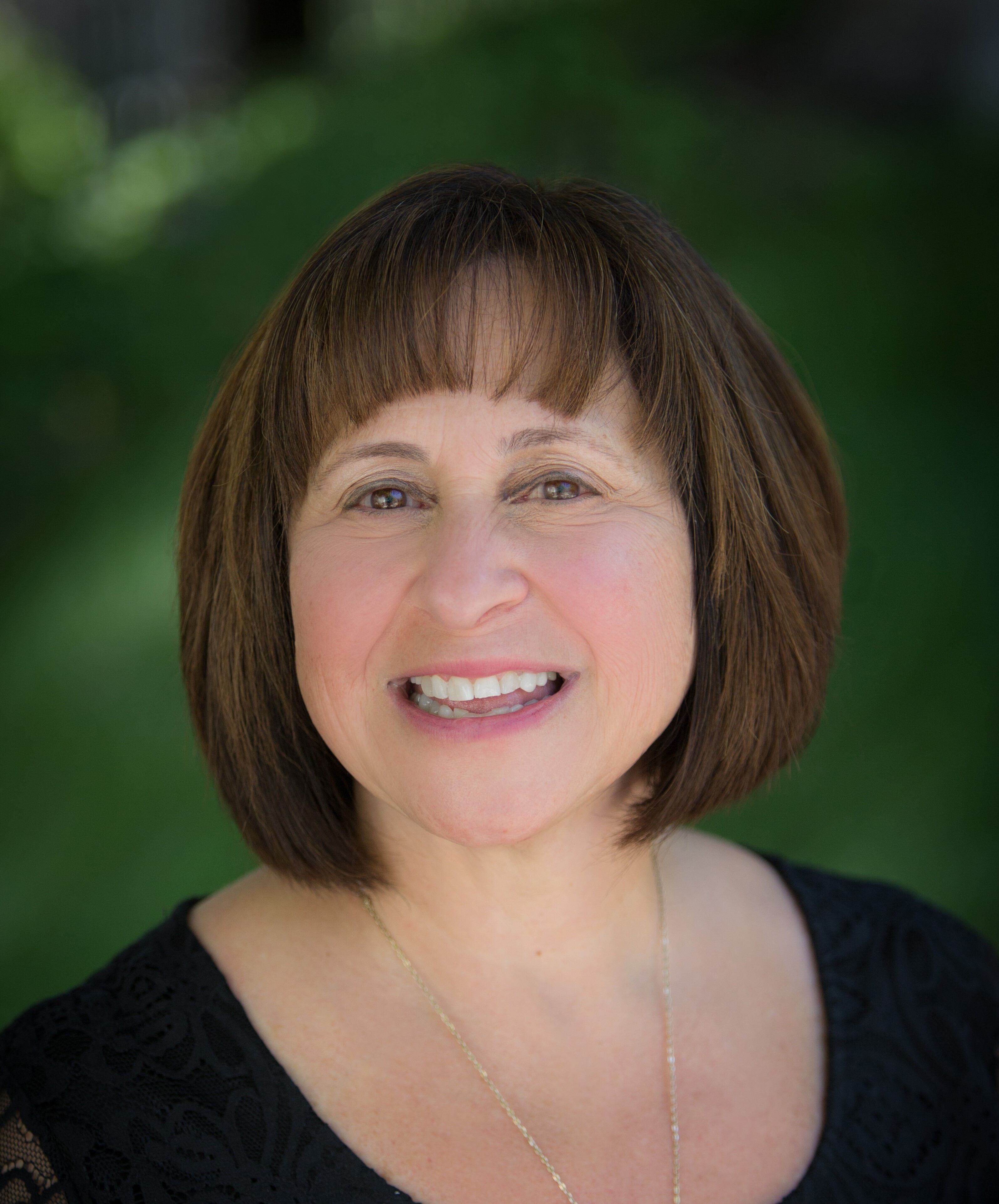Some time ago, I received a message from a friend, asking me to call her back to help answer what she called a rabbi question. At the first free moment, I called her back. Friends of hers, a couple who had been married for what was going on twenty five years were interested in renewing their vows in celebration of their upcoming anniversary. But, she said, they wanted to know what Judaism had to say about the renewal of wedding vows.
Not yet (at the time) having officiated at such a ceremony, but knowing other rabbis who had created beautiful ceremonies of affirmation and renewal for couples married fifteen twenty, twenty five and even fifty years, I cleverly (or so I thought) explained that according to my teacher, Rabbi Elliot Dorff, a couple could always agree to change the terms of their ketubah- their wedding contract - and then a new ketubah could be signed, so perhaps, provided the couple decides to change some element of their arrangement, they could indeed build a very meaningful Jewish celebration, with words of blessing and expressions of Jewish commitment as part of the ceremony. Satisfied for the moment, my friend relayed this information to the couple.
That story has remained with me, left me thinking about how it is that we label a specific custom or ritual as 'Jewish' and about the specific Jewishness of renewals of vows. It wasn't, however, until re-reading this week's Haftarah, that I found the real answer to my friend's question.
Taken from the second chapter of the prophetic book of Hosea, the Haftarah is particularly poignant and beautiful. In the preceding chapter, God instructs the prophet to marry a harlot who will be as unfaithful to her husband as Israel is to God. Some scholars argue that Hosea actually married a harlot; but even more contend that the marriage is a metaphor describing how Israel panders to the surrounding nations. In the next few poetic verses, the prophet describes the continued acts of faithlessness and the suffering that Israel (his wife?) is made to endure because of her behavior. But ultimately there is a reaffirmation of the relationship and reconciliation. It may be Hosea speaking of his wife or God speaking of Israel, or both.
God and Israel first fall in love in the deserts of the midbar – the wilderness – a love consummated at Mount Sinai. As the mountain stands as a hupah, God and Israel enter into a covenant of eternal faithfulness, symbolized by the Torah.
It is no surprise that the loving words chosen by Hosea to renew the covenant are often used in wedding ceremonies today. But, the concluding words of Hosea's prophetic promise of reconciliation and renewal are also the very words that we recite each morning as we wind the leather of our tefillin around our ring fingers: "I will betroth you to Me forever; I will betroth you to Me in righteousness and justice, in steadfast love and compassion. I will betroth you to Me in faithfulness, and you shall know the Eternal" (Hosea 2:21-22).
This three-part commitment corresponds to the triple encircling of the tefillin around our finger. Our Sages report that this three part commitment reflects the three different ceremonies in which the Jewish nation celebrates with God in marriage. The first was at Mount Sinai, the second at the time of our return from the Babylonian exile (c. 516 BCE), and the third ceremony awaits the arrival of the Messianic era. And were it not enough to think of renewing our vows with God at least two other times after Sinai, we also re-enact the marriage ceremony each morning by betrothing ourselves to God anew, looking for and promising a union of timelessness, righteousness, justice, steadfast love, compassion, and faithfulness.
Intimate relationships – between God and man, between loving spouses, between any two people – require hard work and daily intention. Sometimes life, or perhaps even our own behavior, get in the way of remembering the vows we took so very long ago, and we need a reminder – even a daily one of the promises that we made to one another. And sometimes, if we are lucky enough, we just want to celebrate through public ritual the connection and the milestone of having reached this moment, at this time, with our loved one. What could be more Jewish than reaffirming our commitment to one another and vowing to find new ways to interact and show love – to remember that our bonds are ones of timelessness that require our mutual commitment to treat one another with righteousness and justice, and to always be compassionate with one another? Perhaps twenty-five years is entirely too long to wait for this renewal of vows.
As we approach Shavuot, the time in which we celebrate our 'anniversary' with God, may we all be blessed with the ability to renew our vows to God and to our loved ones, and may we be enriched and enlivened by it each and every day!
Shabbat Shalom and hag sameach.

